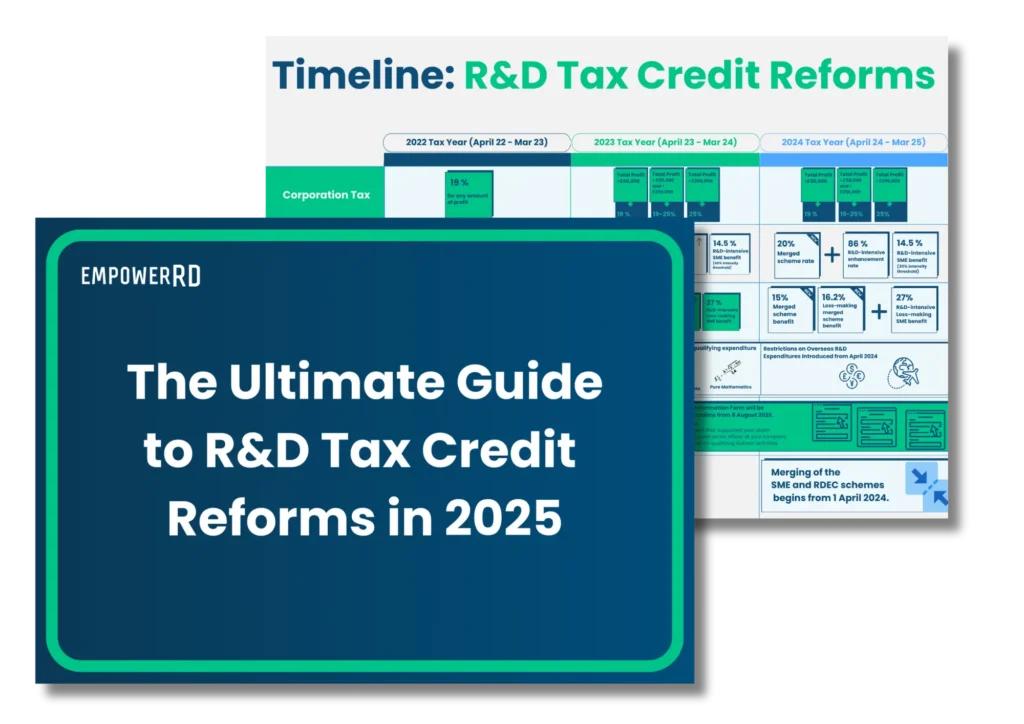Introduction
As an entrepreneur, navigating the financial landscape can be pretty daunting. And let’s not forget about the added complexity of tax obligations! One such obligation you, as a UK entrepreneur or self-employed individual, must be familiar with is the self-assessment tax return. It’s a critical aspect of taxation that shouldn’t be taken lightly.
But fear not! This guide is here to demystify the process for you. We’ll provide you with a comprehensive overview that will help you understand the ins and outs of self-assessment tax returns and give you the confidence to meet your tax responsibilities head-on.
So, let’s dive in and unravel the mysteries together!
What is self-assessment?
In UK taxation, self-assessment serves as an effective system employed by HM Revenue and Customs (HMRC) to get you to pay Income Tax. Aptly named “self-assessment,” this approach relies on individual taxpayers to disclose their annual income during the tax year, placing the onus on them rather than HMRC. Essentially, it’s up to you to work out how much tax you have to pay.
Under this system, you must report your income and capital gains (or claim allowances and reliefs) on your tax return, typically annually. This method empowers HMRC to directly collect tax from individuals and businesses with diverse or intricate income sources that fall outside the scope of the PAYE (Pay As You Earn) system.
By adopting self-assessment, HMRC ensures a fair and comprehensive approach to tax collection, fostering transparency and accountability for all taxpayers.
Who needs to submit a self-assessment tax return in the UK?
Not everyone is required to submit a self-assessment tax return in the UK, but it is necessary in certain circumstances. Entrepreneurs and individuals with specific income sources often find themselves in this category. If you’re an entrepreneur or self-employed as a sole trader and your earnings exceeded £1,000 before tax relief deductions within a tax year, you’ll need to complete a self-assessment tax return.
Other scenarios that call for a tax return include earning over £2,500 from property income or rentals, receiving taxable income from abroad, or having a taxable income exceeding £100,000 within a tax year.
Entrepreneurs, in particular, frequently fall into these categories due to their business activities. They may have additional income streams from leasing unused office space or receiving payments from international clients or investments. It’s important to understand these requirements to ensure compliance and avoid any potential penalties.
Further situations that necessitate a self-assessment tax return include:
- Earning over £2,500 in untaxed income, such as tips or commission.
- Receiving over £10,000 before tax from savings or investments.
- Being liable for Capital Gains Tax on profits from selling assets like shares or a second home.
- Serving as a company director (unless it’s a non-profit organisation like a charity).
- Having an income over £50,000 and claiming Child Benefit, either you or your partner.
- Living abroad with income in the UK or having overseas income subject to UK tax.
- Earning over £50,000 in the 2022/23 tax year and making pension contributions as a self-assessment may be needed to claim tax relief.
- Acting as a trustee for a trust or registered pension scheme.
- Having a State Pension as your sole income source that exceeds your personal allowance.
- Receiving a P800 from HMRC indicating underpayment of tax last year.
You can also voluntarily complete a Self Assessment tax return to make Class 2 National Insurance contributions, which can help qualify you for benefits like the State Pension.
However, if you’re an employee taxed through the Pay As You Earn (PAYE) system, you typically won’t need to fill out a Self Assessment tax return unless your earnings exceed £100,000.
Important dates for your diary
When it comes to self-assessment, timing is everything. The tax year in the UK runs from 6 April one year to 5 April the next. If you’re completing a paper tax return, you’ll need to submit it by midnight on 31 October after the end of the tax year. Online returns have a later deadline – midnight on 31 January after the end of the tax year.
How to register for self-assessment
Registering for self-assessment is a straightforward process that can be done online on the HMRC website. However, it’s important to note that you should register as soon as possible after starting your business, ideally by 5 October in your business’s second tax year. Delaying registration might result in penalties from HMRC.
To register, you’ll need some essential information: your National Insurance number, personal details, and business details. If you’re registering as self-employed, you’ll also need details about your business, including when you started trading.
Once registered, HMRC will set up your tax records and send you a letter with your Unique Taxpayer Reference (UTR). Keep this safe, as you’ll need it whenever you contact HMRC. You’ll also receive an activation code for your online account, allowing you to file your tax return online.
Completing your self-assessment tax return
Completing your self-assessment tax return might seem daunting, but breaking it down into manageable steps can make the process easier. The key is to stay organised and keep accurate yearly records of your income and expenses.
To ensure accuracy in your tax return, it is imperative to include all sources of income for the tax year. This encompasses profits generated from your trade or profession, as well as any additional income streams, including rental earnings, share dividends, and overseas income. Additionally, don’t forget to account for National Insurance and student loan repayments, if applicable, along with any taxable benefits received from the government.
Next, you’ll need to calculate your allowable business expenses. These are costs you incurred wholly and exclusively for your business, and they can reduce the tax you must pay. Common examples include office costs, travel costs, clothing expenses, and staff costs.
Once you’ve declared your income and deducted your expenses, you’ll be left with your taxable profit. The tax you owe will be calculated based on this amount.
Remember, the deadline for submitting your online tax return and paying the tax you owe is 31 January, following the end of the tax year. Missing this deadline can result in penalties, so it’s crucial to start working on your tax return well in advance.
Expenses you can claim
As a self-employed individual or entrepreneur, there are several expenses you can claim that can reduce your taxable income and, therefore, the amount of tax you owe.
 Office costs
Office costs
These costs include everyday office operations like stationery, phone bills, and postage. You can also include the cost of office equipment, such as computers and printers, as long as they are used exclusively for business.
 Travel and vehicle expenses
Travel and vehicle expenses
If you need to travel for business, you can claim for train, bus, taxi, airfares, and accommodation. You can also claim fuel, parking, vehicle insurance, and repairs if you use your vehicle for business purposes.
 Professional fees
Professional fees
Professional fees, such as legal costs, can be claimed. This could include hiring an accountant to manage your finances or a lawyer to handle legal matters related to your business.
 Business premises
Business premises
If you rent an office or workspace, you can claim the rent as a business expense. If you work from home, you can claim a proportion of your home expenses, such as mortgage interest, council tax, and utility bills.
 Miscellaneous expenses
Miscellaneous expenses
Other deductible expenses include credit card processing fees, tax preparation fees, and repairs and maintenance for business property and equipment. Remember, to claim these expenses, you must keep accurate records. This includes keeping receipts and invoices and recording the dates, amounts, and purposes of each expense.
Penalties for late submission
Meeting your self-assessment deadlines is crucial to avoid unnecessary penalties. If you miss the deadline for submitting your tax return or paying your tax bill, you’ll face an automatic £100 penalty from HMRC. And that’s just the beginning.
If your tax return is three months late, you’ll start accruing additional daily penalties of £10 per day, up to a maximum of £900. If your return is six months late, you’ll face an additional penalty, which is either £300 or 5% of the tax due, whichever is higher. If you’re over twelve months late, another £300 or 5% of the tax due will be added. In serious cases, you could be asked to pay up to 100% of the tax due as a penalty.
Similarly, late payment of the tax you owe also attracts penalties. If your payment is 30 days late, you’ll be charged 5% of the unpaid tax. Further 5% penalties are added if the tax remains unpaid after 6 months and then again after 12 months.
These penalties highlight the importance of staying on top of your self-assessment tax return deadlines.
In Summary
The self-assessment tax return process might seem complex, but with careful planning and organisation, it can be managed effectively. Understanding the requirements, registering on time, keeping accurate records, and meeting your deadlines are all crucial steps in this process.
Remember, the goal isn’t just to comply with HMRC regulations – it’s to ensure you’re paying the correct amount of tax. This not only keeps your business running smoothly but also contributes to the wider economy. So take the time to understand your tax obligations, seek professional advice if needed, and approach your self-assessment with confidence.












